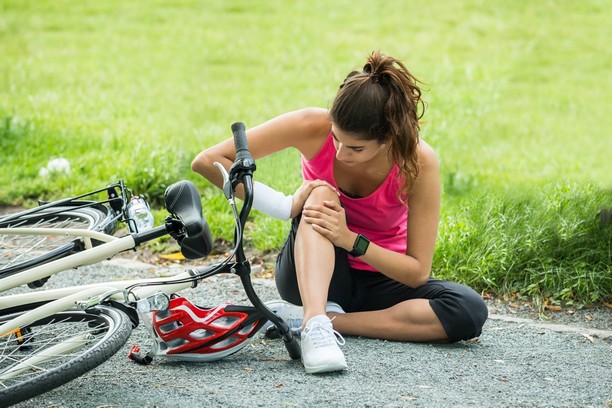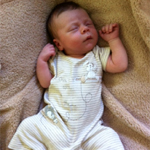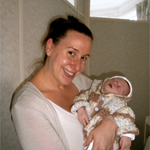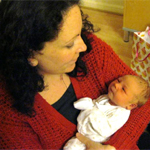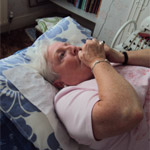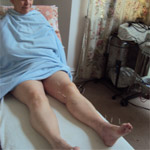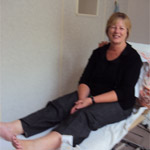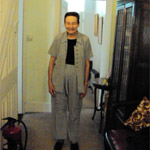Calling all cyclists! 3 exercises to strengthen your knees, according to an osteopath
If you’re a cyclist, knee pain is one of the most common sites of injury in the sport.
From patella/quadriceps tendinitis to patellofemoral syndrome (which is more informally known as cyclists’ knee) – these overuse injuries are very common in those who enjoy life on two wheels.
So, with the UK seeing an increase in cycling by 200% since 2020 and big cycling events like the Tour de France just around the corner, we thought it was no better time to talk about how better to protect our knees from injury.
Weak at the knees?
The knee is the largest joint in the human body as it connects the thigh bone (femur), the largest bone, to the shin bone (tibia).
Anatomy-wise, the patella or kneecap sits up front and it is composed of a number of structures including ligaments, muscles, synovial membrane and two ‘c’ shaped pieces of cartilage known as the menisci.
Our knees are a major load-bearing joint, balancing your bodyweight on your shins and feet when you stand, walk, run, jump, dance and jog.
So, when you think about it, it makes sense that our knees are one of the most frequently injured joints in the human body.
Damage, strain or sprain to any structures of the knee can result in intense pain on standing, walking or bending at the knee,” Denise Callaghan, Osteopath, explains. “It can be the result of a sudden trauma, repetitive strain, poor alignment or wear and tear with age.”
Is cycling bad for your knees?
In short: no cycling isn’t bad for your knees. In fact, one of the reasons why so many people take up cycling is because it’s a low impact sport. This means it’s much easier on your joints than say running – which is classed as a high impact sport.
“However, if you’re knees aren’t strong and your connective tissues haven’t been conditioned to clock up the milage you’re cycling, it can have painful repercussions for your knee/s,” Denise says.
Exercises to strengthen your knees
To help you keep your knees injury-free consider completing these exercises:
- Squats – when performed properly, squats can help strengthen your knee. They can also strengthen your quads, calves, hamstrings, adductors, glutes and hip flexors in one swift move.
- Knee extension – if you’re unable to get to a gym to perform this exercise with a weighted bench, you can pick up some ankle weights and sit down as you straighten your knee.
- Deadlifts – this exercise can improve strength and stability. Two things which are very important when it comes to cycling. The minimal knee bend places most of the load on your hamstrings and glute. Which helps to build your knee strength.
How osteopathy can help
Many common knee strains can be addressed with a course of osteopathic treatment and acupuncture.
Denise says: “Osteopathic therapy, including gentle manipulation and massage, have been shown to treat the underlying conditions related to posture, or to irritated and strained muscles.”
While acupuncture – the age-old alternative medicine which originates from China – works with the release of neurochemicals to relieve and manage localised pain.
However, it’s important to highlight that the exact course of treatment depends on the person and their knees.
“No two knees are the same,” Denise says. “Which is why I tailor each treatment to each client.”
Happy customers
Here’s what two happy customers had to say about her help with their knee problems from sporting injuries:
“I sustained a bad knee ligament injury whilst skiing,” Kath Jones says. “The acupuncture treatment reduced the swelling dramatically. Then future treatment exercise has hastened my recovery. I would not have been so mobile so quickly without my treatment with Denise.”
Mark Bates says: “Thanks Denise – my knees are finally back to normal and I can return to playing football. I highly recommend Osteopathy if you are suffering from any sports injuries-both the Osteopathy and Acupuncture has really helped me out!”.
If you, or anyone you know, suffer with knee problems then why not book an appointment with Denise to see if she can help? You can contact her here or by telephoning on 020 8313 0510 or 01689 858068.

